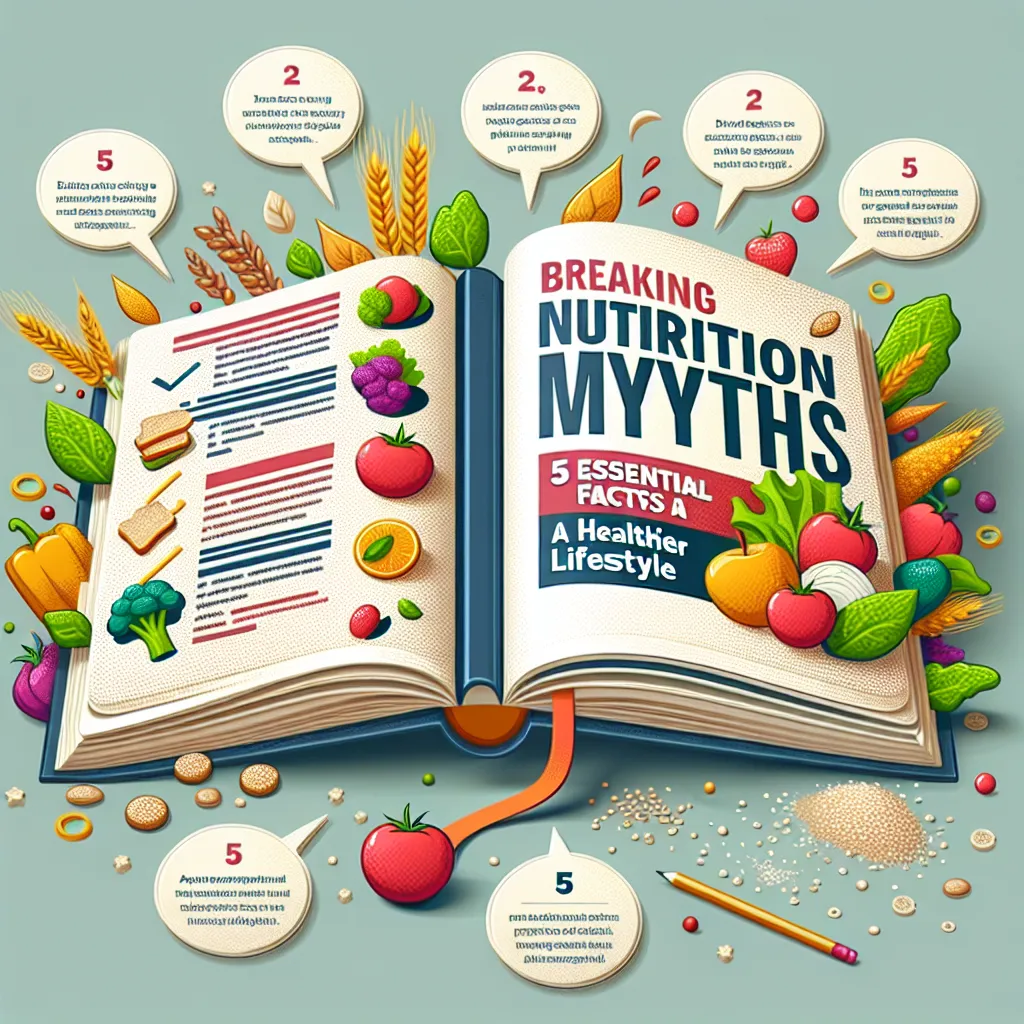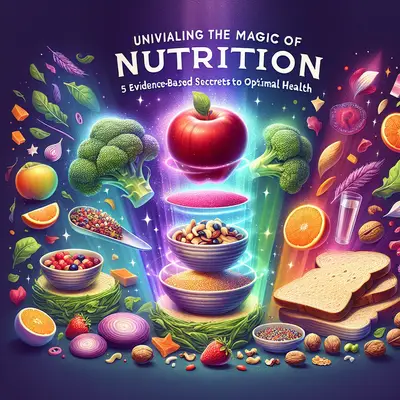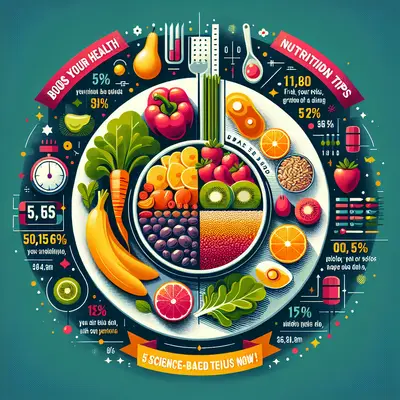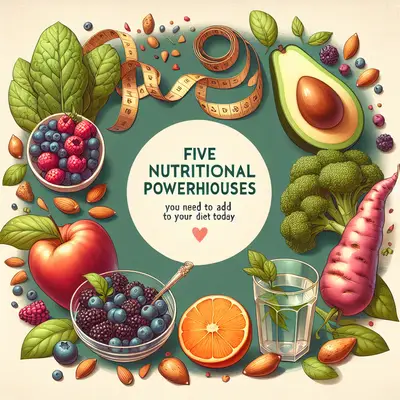The Myth of the Perfect Diet
Contrary to popular belief, no one-size-fits-all diet exists. Each person's body responds differently to various foods, influenced by genetics, microbiome, lifestyle, and more. Instead of buying into the latest diet trend, focus on balanced, nutrient-rich foods that make you feel good and support your health goals.
Overcoming the Protein Obsession
While protein is an essential nutrient, the average Western diet often includes more than necessary. Excess protein can lead to kidney damage, osteoporosis, and other health issues. Diversify your protein sources to include plant-based options like lentils, beans, and whole grains.
Understanding Fats: The Good, the Bad, and the Ugly
Not all fats are created equal. Monounsaturated and polyunsaturated fats, found in avocados, nuts, fish, and olive oil, play a vital role in brain function and heart health. Conversely, trans fats and excessive saturated fats can lead to heart disease and other health issues.
The Hidden Dangers of Processed Foods
Processed foods often contain high levels of sugars, unhealthy fats, and sodium, hidden behind appealing packaging and clever marketing. Opt for whole, unprocessed foods whenever possible to control what goes into your body and promote overall health.
Listening to Your Body
Your body often signals what it needs. Cravings for certain foods might indicate nutrient deficiencies. Constant fatigue could be a sign of inadequate caloric intake or poor sleep. Pay attention to these signals and adjust your diet and lifestyle accordingly.
Conclusion
In the complex world of nutrition, it's easy to get lost in the labyrinth of misinformation and marketing gimmicks. By debunking nutrition myths and focusing on fundamental facts, you can pave the way for a healthier lifestyle. Remember to balance nutrition with regular exercise, adequate sleep, and stress management for optimal health.



